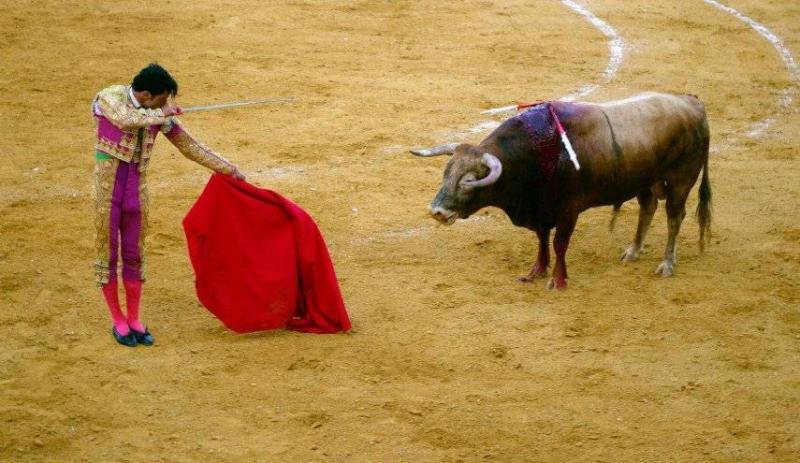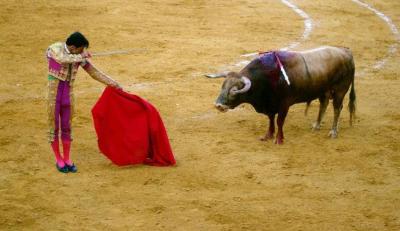Spanish-style bullfighting, which usually ends with the killing of the animal by a sword thrust from the matador, is considered a cultural tradition by its supporters, while opponents describe it as a cruel practice with no place in modern society. Opposition to bullfighting has also grown in Latin America, where the tradition spread in the 16th century before varying in southern France in the 19th century. In Spain, most of the bullfighting enthusiasts are elderly, and the number of bullfighting festivals has decreased by a third between 2010 and 2023.
On Friday, Spain canceled an annual bullfighting award, prompting criticism from conservative politicians who view it as a departure from a centuries-old tradition, whereas its opponents label it as "torture" for the animals. The Ministry of Culture stated that the decision to abolish the award was based on "the new social and cultural reality in Spain," as concerns regarding animal welfare have grown alongside declining attendance at most bullfighting arenas.
Culture Minister Ernest Ortasón wrote on the social platform "X": "There is a sentiment among the majority of Spaniards that they do not understand the reasons for the practice of torturing animals in the country, let alone this torture receiving public funding." The national award is a government check worth 30,000 euros (32,217 dollars) and has been awarded to famous bullfighters like Julián López or cultural associations linked to bullfighting traditions.
Recently, bullfighting has become a critical issue in cultural conflicts, as leftist parties like Sumar, to which Minister Ortasón belongs, clash with right-wing conservatives who support the tradition. Borja Sémper, spokesperson for the opposition People's Party, told reporters that the government's move demonstrated that they "do not believe in cultural diversity or freedom," and his party would restore the award if they regained power.




